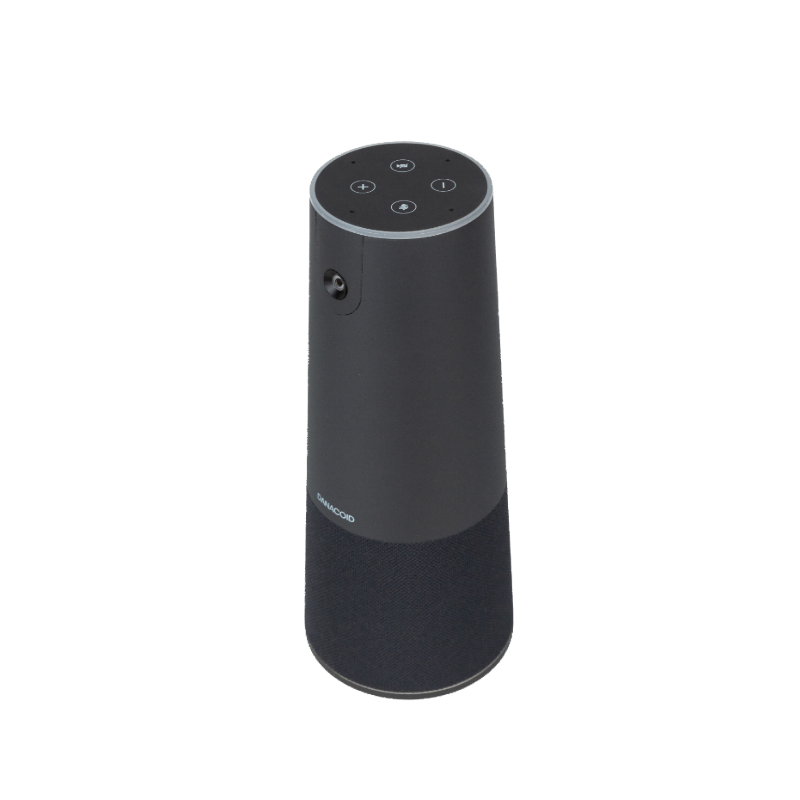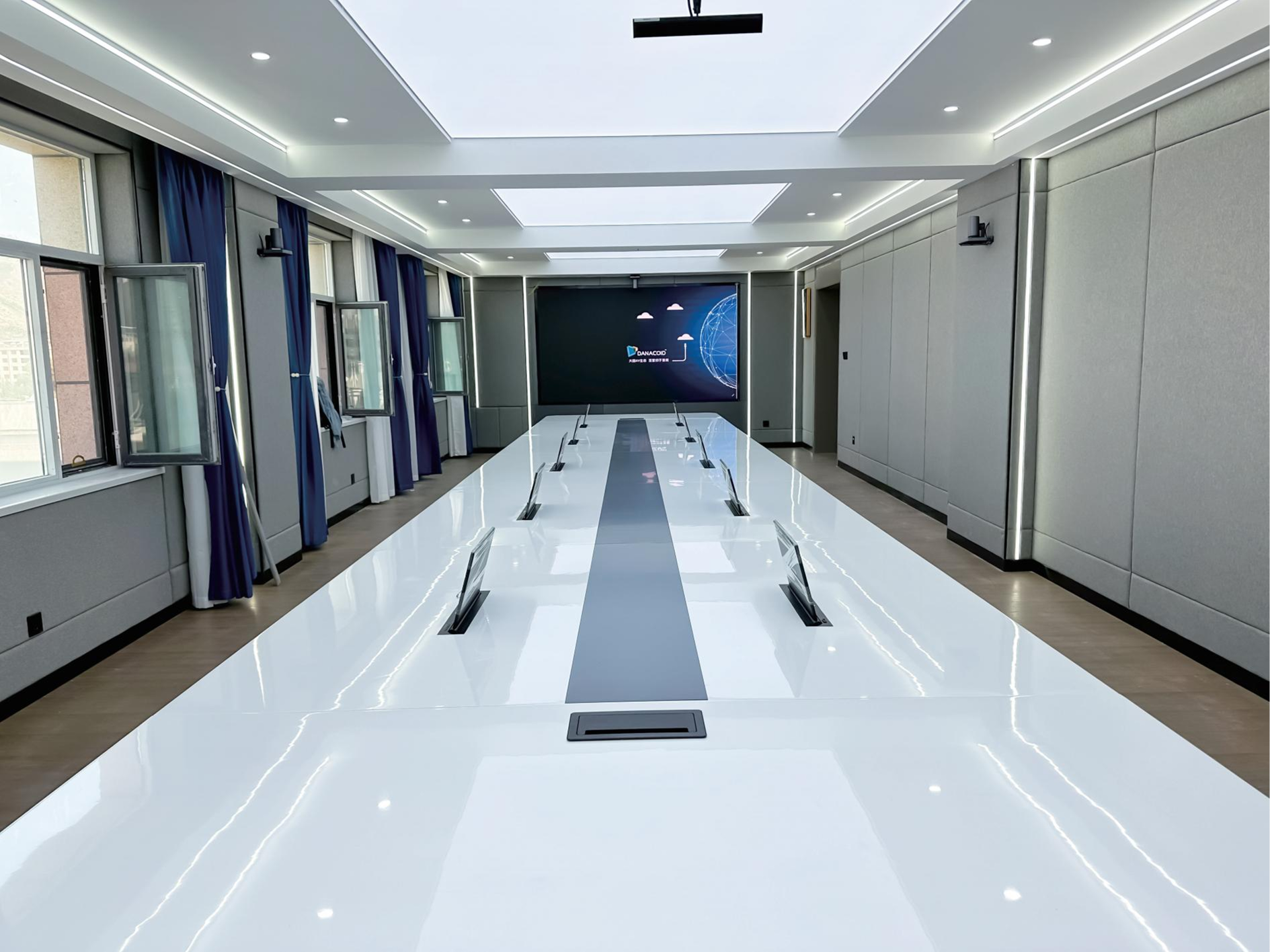Inleiding
Nee Startpagina theaterervaring is niet compleet zonder een topklasse luidsprekersysteem dat meeslepende geluid kan produceren. Er zijn echter veel dingen om in gedachten te houden wanneer je een luidsprekersysteem voor je home theater kiest om ervoor te zorgen dat de beste geluidskwaliteit en waarde wordt bereikt met je investering. In dit artikel helpen we je door de belangrijke aspecten van je keuze —van kamerecho tot budget— zodat je verstandig kunt kiezen.
Ruimteakoestiek en grootte
Het eerste element dat je moet controleren is de akoestiek en de afmetingen van de kamer. De geluidsreflectie en -absorptie zijn grotendeels afhankelijk van de vorm en afmetingen van een ruimte. Een kamer die is behandeld met akoestische panelen en diffusoren presteert veel beter omdat het echo's en stilstaande golven vermindert. Een andere is de plaatsing van de luidspreker naargelang uw zitplaatsen, zodat u een nauwkeurig geluidsniveau en beeldvorming kunt krijgen.
Speakertype en technologie
Kies vervolgens het luidsprekersysteem dat aan je eisen voldoet. Boekenplankluidsprekers zijn kleiner en geschikter voor gebruik in een kleinere kamer of een appartement, terwijl vloerstaande (of toren) luidsprekers gemakkelijker meer ruimte dekken, wat betekent dat ze lagere frequenties en aanzienlijke vermogensniveaus produceren — nuttig in een grotere kamer. Satelliet- en soundbarsystemen zijn ruimtebesparend Oplossingen , maar kan compromissen sluiten op het gebied van surround sound in vergelijking met traditionele multi-speaker opstellingen. Denk aan de surround sound formats, zoals Dolby Atmos, die afhankelijk zijn van een bepaalde luidsprekerindeling om goed te functioneren.
Krachtbeheer en gevoeligheid
Kennis van de kracht van de luidspreker en de gevoeligheid zijn belangrijk om uw luidsprekers te koppelen aan een versterker of ontvanger. Gevoeligheid heeft betrekking op hoe efficiënt een luidspreker is met andere woorden, als u een luidspreker met een hoge gevoeligheid heeft, zal deze meer geluidsvermogen produceren voor dezelfde hoeveelheid invoervermogen dan luidsprekers met een lage gevoeligheid. Zorg ervoor dat uw versterker voldoende watt heeft om de door u gekozen luidsprekers zonder vervorming te bedienen.
Frequentie-respons en geluidskwaliteit
Het belangrijkste is natuurlijk de frequentiereactie en de geluidskwaliteit. Een ideale luidspreker moet een vloeiende combinatie van bas-, midden- en treble-vermogen hebben. Het wordt aanbevolen om met een breed frequentiebereik en goed geoptimaliseerde kruispunten te werken om te garanderen dat de verschillende componenten van de bestuurderssignatuur soepel samenkomen. Bovendien zijn een helder geluid en een breed geluidsveld ook essentieel.
Connectiviteit en integratie
Denk Over aan dingen zoals connectiviteitsopties en hoe de luidsprekers in je bestaande home theater setup passen. Zorg ervoor dat je controleert of de ingang voor jouw apparaat is — en of je het draadloos of met een kabel wilt. Veel luidsprekers worden geleverd met ingebouwde Bluetooth of Wi-Fi voor het rechtstreeks streamen van muziek, wat een extra functie kan zijn.
Esthetiek en ontwerp
Ontwerp: Het is ook belangrijk omdat als de luidsprekers in uw kamer zichtbaar zijn, esthetiek de sleutel is. Koppel uw luidsprekers aan om te coördineren met de inrichting van uw kamer, vooral als u een muurmontage-akoestiek hebt of een installatie aanpast voor een decoratieve touch. Als u van plan bent uw kamer veel te herordenen of de luidsprekers in verschillende instellingen wilt gebruiken, kunt u ook overwegen om ze draagbaar en flexibel te maken.
Budget en Waar voor je Geld
Je budget is een belangrijke factor in je beslissing. Stel een budget op en zoek naar sprekers die je de beste waarde voor je budget geven. Neem rekening met de reputatie van het merk, de garantie en de duur van de luidsprekers Op de lange termijn kan investeren in een systeem van hoge kwaliteit u geld besparen misschien niet in het begin, maar waarschijnlijk wel in de loop van de tijd wanneer prestaties en duurzaamheid in het spel komen.
Merkenperceptie en beoordelingen
Het is belangrijk om te zoeken naar merken en modellen. Zoek naar klantbeoordelingen en deskundigensamenvattingen over verschillende luidsprekersystemen om te beoordelen hoe ze presteren in de echte markt. Net als de voorgaande koppen kunnen prijzen en certificeringen serieuzere benaderingen zijn om ervoor te zorgen dat wat wordt aangeboden inderdaad van een verzekerde standaard is die gepaard gaat met een aantal innovaties.
Ontwikkeling voor de toekomst en technologische trends
Ten slotte, denk aan toekomstbestendiging van uw investering: kies luidsprekers die werken met geavanceerde audio handsfree technologieën en voorzien van functies zoals HDMIs en Audio Return Channels (ARC's) voor de beste Integratie met moderne apparaten. Smart-speaker-mogelijkheden en integratie van spraakassistent kunnen ook een verschil maken als het gaat om home theater.
Conclusie
Het kiezen van het luidspreker systeem voor uw home theater is deels technische specificaties, deels kamerkarakteristieken, deels voorkeur en deels budget. Door rekening te houden met de elementen die in dit artikel worden besproken, zult u een systeem kunnen kiezen dat een uitstekend geluidsgevoel biedt dat aan uw specifieke behoeften voldoet. Zoals altijd, is de ultieme manier om te kiezen is om u in staat zijn om te luisteren naar geluid, maar de aanpak het beste past uw verwachtingen van luidsprekers en geluid.
Inhoud
- Inleiding
- Ruimteakoestiek en grootte
- Speakertype en technologie
- Krachtbeheer en gevoeligheid
- Frequentie-respons en geluidskwaliteit
- Connectiviteit en integratie
- Esthetiek en ontwerp
- Budget en Waar voor je Geld
- Merkenperceptie en beoordelingen
- Ontwikkeling voor de toekomst en technologische trends
- Conclusie









